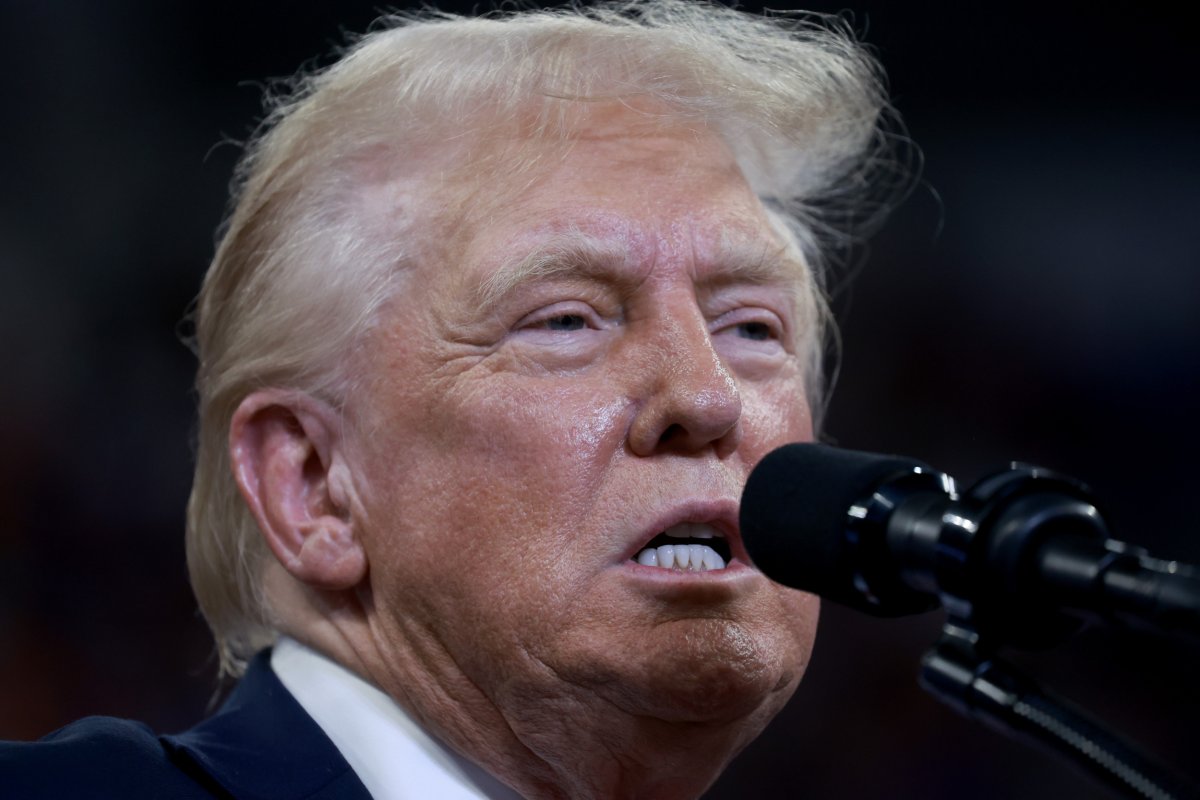Congress should act to stop former President Donald Trump from pardoning himself, President Joe Biden‘s personal lawyer said.
Bob Bauer, a professor at New York University Law School and former White House counsel to President Barack Obama, said that he didn’t believe presidents should be able to pardon themselves. He said Congress should “lay down a marker” and enact legislation to prevent self-pardoning.
He said he didn’t know if Congress would succeed but said it “has a stake” in maintaining the integrity of the laws it passes.

Joe Raedle/Getty Images
Trump, the Republican presidential nominee, faced trial in New York City on 34 counts of falsifying business records for hush money payment to adult film star Stormy Daniels. On May 30, Trump was convicted by a jury on all 34 counts and is awaiting sentencing.
He is facing a trial in Washington, D.C., for allegedly trying to illegally change the result of the 2020 election. The judge in that case recently refused a request by Trump’s lawyers to dismiss the case in light of the July 1 U.S. Supreme Court decision on presidential immunity.
He was also facing federal charges in Florida for allegedly hoarding classified documents, but the case was thrown out by the trial judge. Prosecutors are appealing the decision.
Presidents, who can pardon only federal crimes, are allowed to pardon other people, but there is no legal precedent for a president pardoning himself.
Newsweek sought email comment from Trump’s attorney on Thursday.
Bauer told former federal prosecutor Preet Bharara, on the podcast Stay Tuned With Preet on Thursday, that there was a clear distinction between the role of the president’s personal lawyer in a criminal case and that of White House counsel.
“A criminal lawyer would probably be pushing very hard for the recognition of the right of a president to self-pardon,” he said.
A White House counsel’s job should not be to simply agree with the personal lawyer to help a particular president in a particular difficulty but should be looking at the longer-term constitutional issues at stake, he said.
He said it was “not at all clear” that presidents can self-pardon. The legal analysis is “threadbare” but suggests that self-pardoning is constitutionally dubious but not fully erroneous.
He said that a White House counsel should advise against it and warned that if a White House counsel becomes “a full-time enabler” of the president, that would be “a very, very serious problem.”
He said Congress should “set up roadblocks” to self-pardoning by passing legislation aimed at protecting the congressional right to draft criminal law. He said it would be “catastrophic” if Congress saw its role merely as an enabler and protector of the president, rather than a protector of constitutional freedoms.

Post a Comment